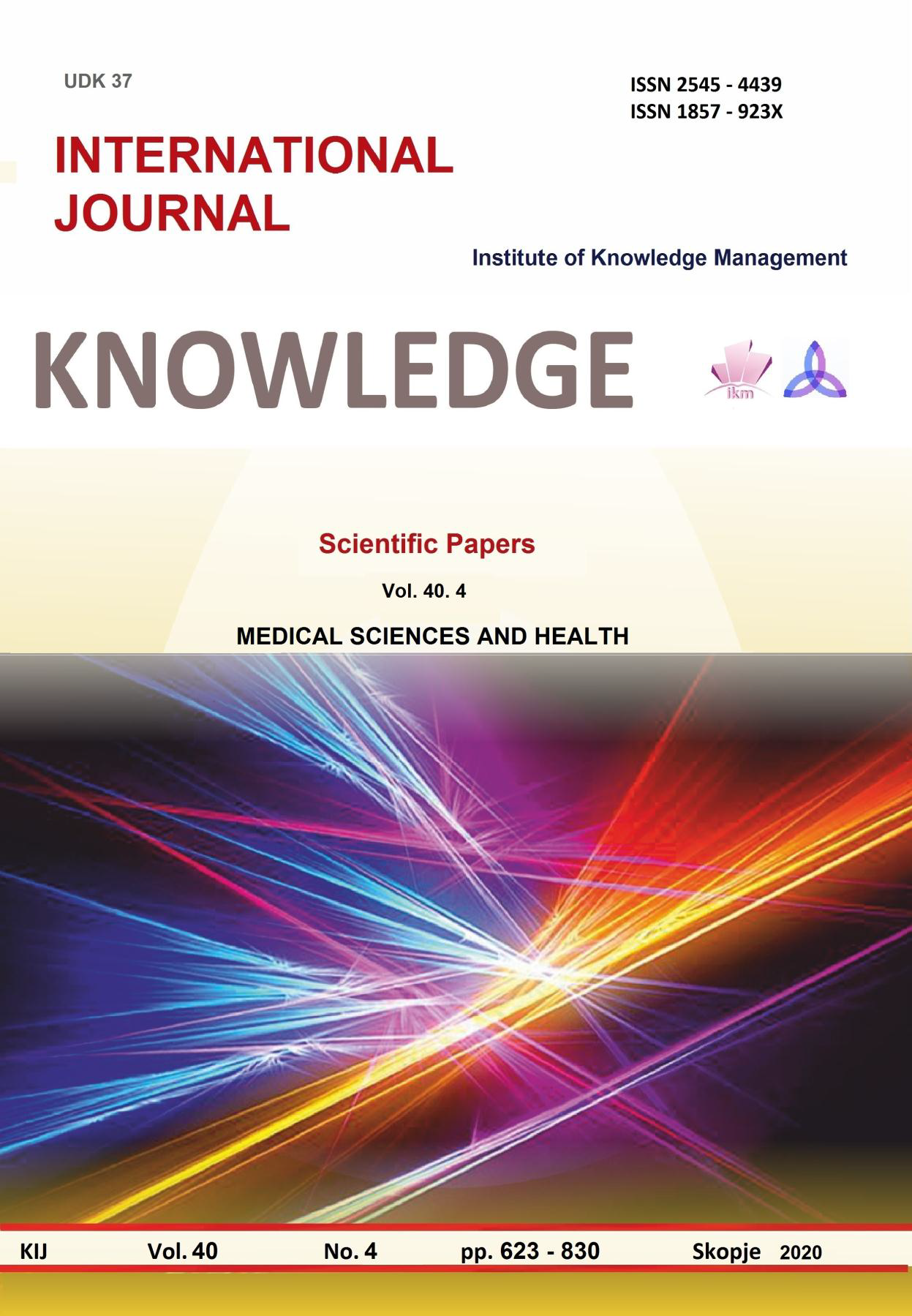SPEECH AND LANGUAGE THERAPY IN STATE OF EMERGENCY: ADVANTAGES AND DISADVANTAGES OF TELEPRACTICE
SPEECH AND LANGUAGE THERAPY IN STATE OF EMERGENCY: ADVANTAGES AND DISADVANTAGES OF TELEPRACTICE
Author(s): Elena Boyadzhieva-DelevaSubject(s): Social Sciences
Published by: Scientific Institute of Management and Knowledge
Keywords: speech and language therapy; telepractice;effectiveness;
Summary/Abstract: Since March 13th2020, with the introduction of a state of emergency due to the danger of COVID-19 spread, speech therapists in Bulgaria are forced to stop their direct diagnostic, therapeutic and consultative activities and to transform them into remote work mode.Even the few private practices that remain temporarily open register a dramatic decline in attendance and start to provide remote services only within a week.Telepractice is not new and unknown to Bulgarian speech therapists. In recent years, various applications, software products and online based systems for working (mainly with children) have been developed, and they have been successfully implemented as a complementary method to direct intervention or as a method for building alternative and augmentative communication skills. The new social reality requires practitioners with different levels of professional experience and technological resources to rely on telepractice as the only means to effective work. The challenges they have to face are of a different nature: methodological, practical and technological. These include the need to reassess and resettherapeutic goals to fit a reduced number of sessions; delegating the role of co-therapist to a parent or other relative; schedulingappropriate indirect therapy tasks; preparation of digital or online therapeutic resources and materials that in many cases were not previously available; ensuring the activity and sustainability of attention of persons (children and adults) with different disorders and level of functioning. Last but not least is the unequal level of technical resources and provision of the speech therapist and the families he/she supports. In the scientific literature, the effectiveness of telepractice is confirmed, but as an additional tool, and only for a part of the disorders requiring speech therapy. The general theoretical and empirical framework of effective telepractice is used as a baseline against which a questionnaire is developed to evaluate the qualities and disadvantages of distance therapy as the only possible means for a given period of time. The questions are oriented towards asubjective description of the real problems and benefits of speech therapy without direct contact with patients. An objective differentiation of those communicative disorders is also sought, for which the correction with telepractice for a month has proved to be relatively effective. The results obtained group the advantages and disadvantages of distance speech therapy according to the opinion and practical experience of 105 Bulgarian speech therapists. From them9,8% classify telepractice as rather ineffective if not combined with regular direct therapy. Another 80% think it as an effective and efficient means of educating parents and indirect therapy method. Among the advantages are the possibility for more active involvement of families and objective monitoring of the self-completion of tasks at home. Disadvantages are the difficulty of providing joint attention for children with autism spectrum disorders and the high fatigue of patients with neurogenic disorders (aphasia, apraxia, and dysarthria). Telepractice is almost unanimously indicated to be ineffective when used as a sole method in oral motor and myofunctional therapy, for feeding and swallowing disorders, and for persons with low intellectual functioning.
Journal: Knowledge - International Journal
- Issue Year: 40/2020
- Issue No: 4
- Page Range: 681 - 686
- Page Count: 6
- Language: English

